Indians love buying gold and Digital Gold has become a trending investment option in the past few years. Digital Gold is easy to access, highly liquid, can be gifted to your loved ones and can be used to diversify your portfolio. But how does Digital Gold compare to the other investment instruments that are currently available in the world of finance?
In this blog, we are comparing Digital Gold with other forms of gold and other instruments like stocks, mutual funds, and bonds.
What Is Digital Gold?
Digital Gold is gold that you can buy in small fractions through digital platforms, like Koshex. When you purchase Digital Gold from a trusted partner, the company buys it on your behalf and stores it under your name in a safe vault. It is a facility that allows you to invest in gold from the comfort of your home.
Digital Gold is similar to physical gold in most ways. The difference is that you can buy, sell, and transact it using technology. Moreover, it is better than buying jewellery as the making charges tend to reduce the value of gold that you buy from jewellers.
Due to these reasons, digital gold investments are gradually beginning to emerge as one of the most popular investment choices for new-age Indian investors.
Comparing Digital Gold With Other Forms Of Gold Investments
In this section, we are comparing Digital Gold with other types of gold investments.
Digital Gold vs. Physical Gold
- Ownership & Storage – Digital Gold offers the convenience of owning gold without the need for physical storage, as the gold is stored securely by the provider. On the other hand, physical gold needs storage solutions like a safe deposit box, which can come with additional costs and security concerns.
- Purity & Verification – Digital Gold often comes with a verified purity assurance. For example, Koshex offers 99.99% purity of 24K Digital Gold. Physical gold, especially jewellery, may vary in purity and might require third-party testing for verification.
- Liquidity – Digital Gold is highly liquid and can be bought and sold instantly on platforms. Selling physical gold, especially in jewellery form, often involves a loss in value because of making charges. You may also have to visit a shop in person to sell your gold.
- Costs – Digital Gold typically includes minor charges for storage and insurance. Physical gold can incur making charges, wastage fees, and potential discounts on resale.
- Investment Size – Digital Gold allows for fractional ownership, so investors can start with a small amount (often as low as ₹1 or ₹100). Physical gold generally requires a large minimum investment, especially for bars, coins, and jewellery.
Digital Gold vs. Gold Exchange Traded Funds (ETFs)
- Ownership – Digital Gold gives investors direct ownership, backed by real gold stored by the provider. Gold ETFs represent units in an investment fund that tracks gold prices but do not provide direct ownership.
- Liquidity & Access – Gold ETFs are traded on stock exchanges, so they can be easily bought and sold during market hours, with prices fluctuating throughout the trading day. Digital Gold can be traded 24/7, though actual buy/sell hours may depend on the provider.
- Costs & Fees – Both have low costs. However, ETFs incur brokerage fees and require a Demat account, whereas Digital Gold can be accessed through various online platforms without a brokerage account.
- Taxation – Transition Period (April 1, 2023 – March 31, 2025) – If you bought Gold ETF units during this period, any gains you make on selling them before they complete 12 months are taxed at your income tax slab rate, regardless of the holding period.
Post-Transition Period (after March 31, 2025) – If you buy Gold ETF units after March 31, 2025, and sell them before they complete 12 months, the gains are again taxed at your income tax slab rate. (Click here for the source.)
For Digital Gold, the capital gains made on holding for less than three years are taxable at applicable income tax slab rates. Long-term capital gains tax is applicable on selling after three years at 20.8% (including cess) with the indexation benefit.
Digital Gold vs. Gold Mutual Funds
- Structure – Gold mutual funds invest in gold ETFs and provide exposure to gold indirectly. Digital Gold provides direct ownership of gold held by the provider on the investor’s behalf.
- Ease Of Access – Gold mutual funds can be purchased through mutual fund platforms or apps and often allow SIPs (Systematic Investment Plans). This can help investors buy units gradually. Digital Gold also supports small investments but typically doesn’t offer SIPs.
- Costs – Gold mutual funds usually come with an expense ratio while Digital Gold carries storage and transaction fees.
- Liquidity & Redemption – Gold mutual funds are redeemable only at the end of the trading day (similar to mutual fund units) while Digital Gold can be bought and sold instantly on most platforms.
Digital Gold vs. Sovereign Gold Bonds (SGBs)
- Ownership & Interest – SGBs are government-backed securities denominated in grams of gold. They don’t represent physical gold ownership but provide exposure to gold’s price movements. Digital Gold offers direct ownership, backed by physical gold.
- Interest Payment – SGBs offer an annual interest payment (typically around 2.5%), offering a fixed income stream in addition to potential capital gains if gold prices rise. On the other hand, Digital Gold does not offer any interest.
- Lock-In Period & Liquidity – The maturity period of SGBs is 8 years but you can redeem your investment after the lock-in period of 5 years. Digital Gold is highly liquid and doesn’t have any lock-in period.
- Tax Benefits – The exemption from capital gains is available for bonds redeemed on maturity and also, for bonds tendered for early redemption after five years. Digital Gold attracts taxes on capital gains.
Comparing Digital Gold With Other Asset Classes / Investment Instruments
In this section, we are comparing Digital Gold with other investment instruments like stocks, mutual funds, and bonds.
Also Read: Why Digital Gold Is A Popular Investment Option?
Digital Gold vs. Stocks
- Risk Factor – Stocks are highly volatile, as their prices fluctuate daily. On the other hand, Digital Gold is less prone to short-term swings, making it less risky.
- Returns – Historically, stocks have provided higher returns over the long term, driven by several factors, including company earnings and economic growth. Digital Gold, in contrast, performs better during recessions or economic downturns as investors shift from riskier assets to safe-haven assets.
- Time Horizon – Stocks are better suited for investors with a long investment horizon, while Digital Gold can be an effective short-term hedge during periods of volatility.
Digital Gold vs. Mutual Funds
- Diversification – Mutual funds offer diversification across equities, debt, or a combination of both. This reduces risk and increases your returns over time. Since Digital Gold is a single asset class, it lacks this diversification.
- Growth Potential – Equity mutual funds can offer substantial returns in bullish markets and it may outperform gold. However, in times of economic uncertainty, gold tends to do better.
- Liquidity & Costs – Both Digital Gold and mutual funds (except ELSS funds) carry no lock-in period. So, they have high liquidity.
Digital Gold vs. Bonds
- Risk Profile – Bonds, particularly government bonds, are considered very low risk and offer fixed returns. Digital Gold, while safer than stocks, does not offer fixed returns and is still subject to fluctuations in price.
- Returns – Bonds generally offer stable but lower returns as they are tied to fixed interest rates. Digital Gold may yield higher returns if the price of gold rises.
- Purpose In Portfolio – Bonds are ideal for income-focused investors. Meanwhile, Digital Gold is better suited for those looking to hedge against inflation.
How Digital Gold Compares Against Other Investments – The Conclusion
Digital Gold offers a compelling alternative to traditional investments, especially for those looking for a safe, stable asset. It performs well in economic downturns and is less volatile than stocks. Even though Digital Gold may lack the high growth potential of equities or mutual funds, it offers added liquidity and convenience.
If you are aiming to diversify your portfolio or hedge against risk, Digital Gold can be a valuable part of your portfolio. However, it is important to balance Digital Gold with other high-growth or income-focused assets to build a strong portfolio, which will help you grow your wealth faster with Koshex.
Frequently Asked Questions (FAQs)
Can I use Digital Gold as collateral for loans?
Yes. Many financial institutions accept Digital Gold as collateral, although terms can vary.
Can I convert Digital Gold to physical gold?
Yes. Most providers offer the option to convert your Digital Gold holdings into physical gold for delivery.
Which platforms are best for buying Digital Gold?
Our platform Koshex is great for buying Digital Gold, as you can start investing in less than two minutes and your data is protected by military-grade encryption.

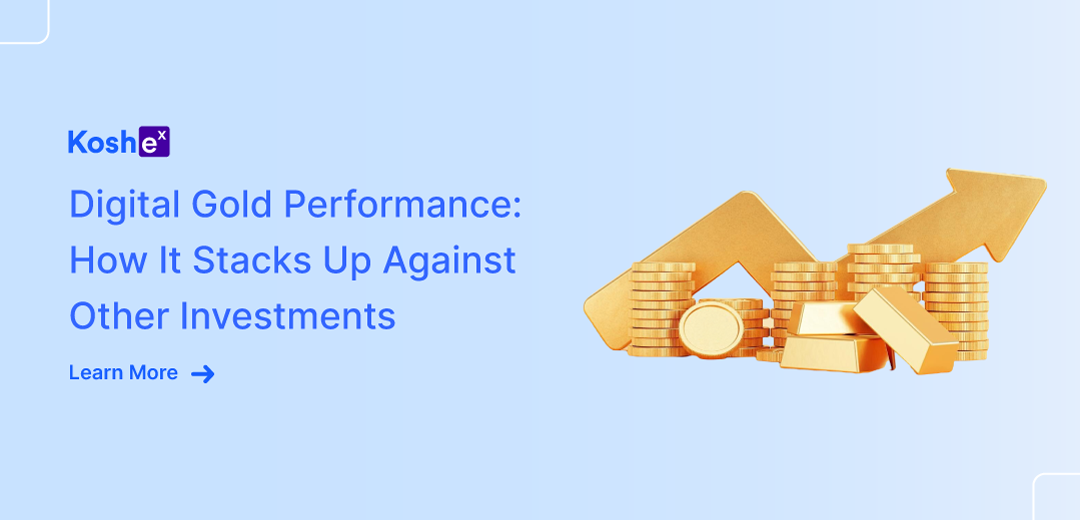
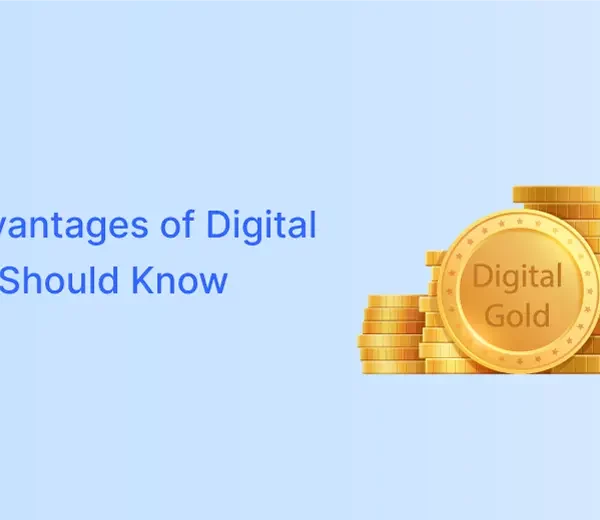
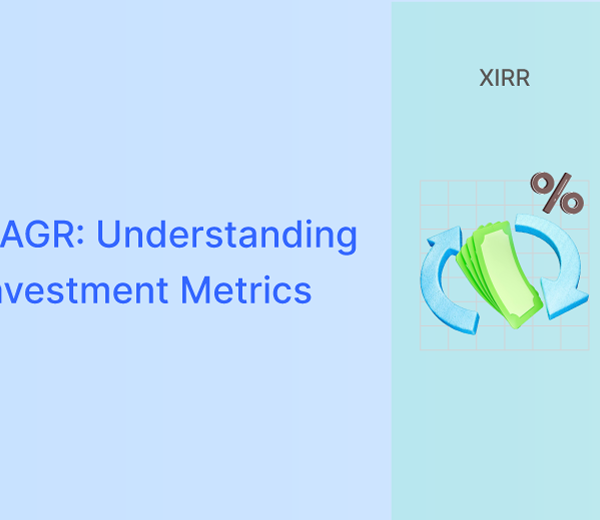
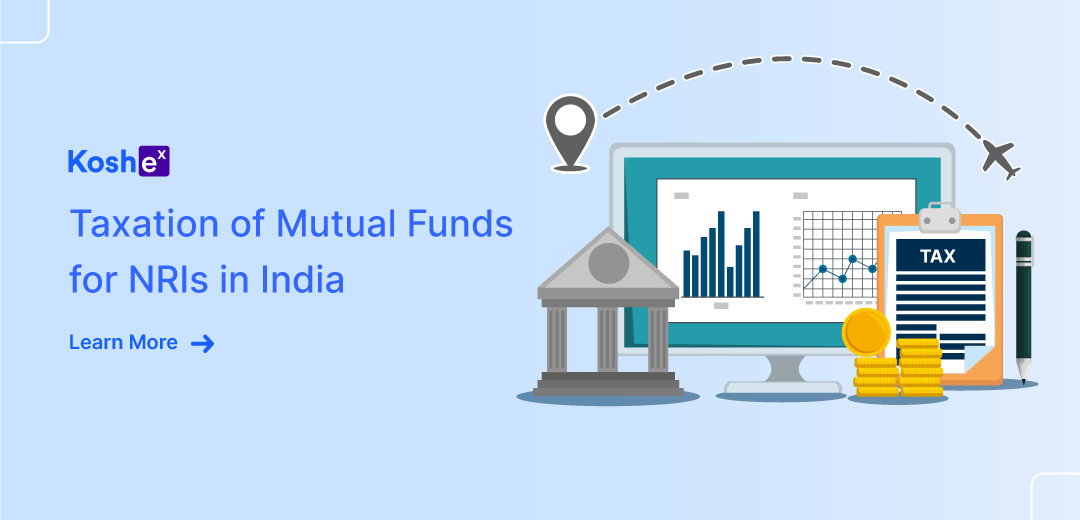

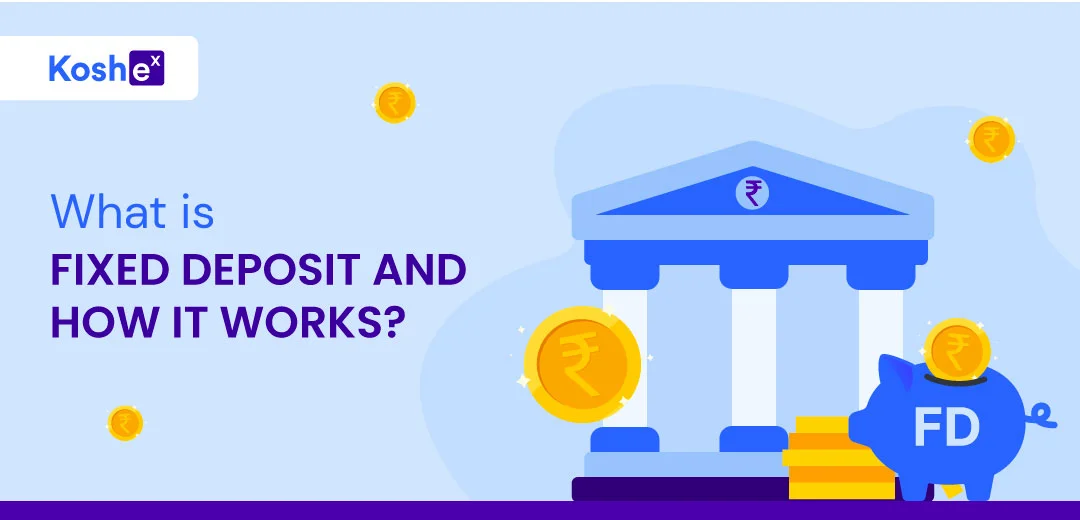


Leave a Comment